
How to find the best Manuka honey
With the growing popularity of manuka honey for its health benefits, it's crucial for you to know how to select the highest quality product. You should look for a MGO rating of 300 or higher, as this indicates the honey's purity and potency. Additionally, be cautious of fake or adulterated products on the market, so always check for reputable brands and certifications. By understanding these key factors, you can ensure that you are choosing the best manuka honey to enhance your wellness journey.
Key Takeaways:
- MGO Rating: Look for a high MGO rating, ideally above 300, to ensure potency and authenticity.
- Source: Choose honey that is sourced from New Zealand, as this is the primary region known for genuine Manuka honey.
- Certification: Look for products with third-party certification to verify that the honey meets specific quality standards.
- Packaging: Opt for honey in dark glass jars to protect it from light and help maintain its beneficial properties.
Understanding Manuka Honey
The allure of Manuka honey lies in its unique properties and benefits, which set it apart from regular honey. Sourced primarily from the nectar of the Manuka tree found in New Zealand, this honey is renowned for its strong antibacterial qualities. To truly appreciate what makes Manuka honey special, it’s important to explore into its origins and the science behind its healing attributes.
What is Manuka Honey?
About Manuka honey, it is a special type of honey that is derived from the flowers of the Manuka tree. This honey is celebrated for its rich flavor and potent medicinal properties, mainly attributed to the presence of unique compounds such as Methylglyoxal (MGO). Sourced mainly from New Zealand, its distinct characteristics are a product of the local flora and the diligent work of honey bees.
Health Benefits of Manuka Honey
Honey lovers and health enthusiasts alike seek Manuka honey for its numerous health benefits.
In fact, Manuka honey has been shown to possess strong antibacterial and anti-inflammatory properties. Its ability to combat infections and promote wound healing is well-documented, making it a valuable addition to your wellness routine. Additionally, its natural antioxidants can aid in digestive health and boost your overall immunity, supporting your well-being in various ways. Whether consumed directly or applied topically, incorporating Manuka honey into your daily life can enhance your health and vitality.
Identifying Quality Manuka Honey
Even when browsing through various brands, distinguishing quality manuka honey can be overwhelming. Look for specific labels and certifications that signify purity and strength to ensure you’re investing in the best product. Authentic manuka honey will often reveal its unique characteristics, primarily its origins and processing methods, so make informed choices.
The MGO Rating System
Beside typical honey labeling, the MGO rating system is important for identifying genuine manuka honey. This system measures the antibacterial properties that make manuka honey unique. A higher MGO rating indicates more potent benefits, so aim for products with at least MGO 300 or higher for effective use.
Factors Affecting Quality
On your journey to find the best manuka honey, be aware of factors that impact quality:
- Origin - Authentic manuka honey originates from New Zealand.
- Harvesting time - Nectar quality varies throughout the season.
- Processing methods - Look for minimal heat treatment
The production methods and sourcing significantly affect the honey's quality and potency.
Identifying quality manuka honey requires a keen eye for detail, as several factors play a role in ensuring you receive a premium product:
- Certification - Check for official seals denoting authenticity.
- Consistency - Quality honey maintains a thick texture and rich color.
- Price point - High-quality manuka honey tends to be priced accordingly.
The more informed you become about these details, the more effectively you can choose a high-quality product.
Where to Buy Manuka Honey
Once again, choosing the right place to buy your Manuka honey can significantly impact the quality you receive. Consider purchasing from reputable sources that provide reliable information.
Online Retailers
Before you decide on an online retailer, ensure they are known for selling genuine, high-quality Manuka honey. Check for certifications, reviews, and product details to make an informed decision.
Local Health Stores
Between online options and local health stores, the latter often offer personalized service and the ability to inspect products firsthand. You can seek advice from knowledgeable staff to help you select a top-quality Manuka honey.
Local health stores can be a great option for purchasing Manuka honey. Here, you can often find a variety of brands and types, allowing you to compare products directly. Additionally, the staff may provide valuable insights into the specific benefits and uses of each product. However, it’s important to inquire about each honey’s authenticity and sourcing, as not all products labeled as Manuka honey may meet the required quality standards.
Price Comparison and Value
For choosing the best manuka honey, it's vital to consider both price and value. You should conduct a price comparison among reputable brands to ensure you're getting a quality product without overspending.
Here's a breakdown of common price ranges:
| Quality Rating | Price Range (per 250g) |
|---|---|
| MGO 100 to 300 | US$20 - $35 |
| MGO 300 to 550 | US$35 - $50 |
| MGO 550 and above | US$50+ |
Average Price Range
Around $20 to $50 is the typical price range for quality manuka honey depending on its MGO rating. Higher-rated products, specifically those exceeding MGO550, can command prices well above this range. You'll find that the cost often correlates with the honey's potency and benefits, making it important to weigh your options wisely.
Evaluating Cost vs. Quality
After assessing prices, you need to evaluate the cost in relation to the quality of the honey. While cheaper options might appeal to your budget, they often lack the imperative medicinal properties found in higher-rated manuka honey. Always look for the MGO certification, as this indicates authentic potency and quality.
This evaluation should guide your selection process, focusing on getting the best value for your investment. Quality manuka honey can provide numerous health benefits, but a lower price may signal inferior products with minimal efficacy. Always prioritize certifications, reputable sources, and customer reviews to ensure you're making an informed decision. Balancing cost and quality will help you find honey that meets your needs while delivering authentic benefits.
Common Misconceptions
After exploring the world of Manuka honey, you may come across several common misconceptions that can lead to confusion. Many people mistakenly believe that all honey is created equal and overlook the unique properties and benefits specific to Manuka honey. Additionally, some assume that higher price guarantees better quality without understanding the nuances of grading systems and authenticity. By debunking these myths, you can make more informed choices when selecting the best Manuka honey for your needs.
Manuka Honey vs. Regular Honey
Across the honey spectrum, Manuka honey stands out due to its origin from the Manuka tree in New Zealand. Unlike regular honey, Manuka honey is renowned for its unique antibacterial properties, primarily attributed to the high levels of methylglyoxal (MGO). This distinctive composition not only sets it apart in taste and aroma but also contributes to its potential health benefits, making it a popular choice for those seeking natural remedies.
Misleading Labels
Across the honey industry, misleading labels can often perplex consumers. Terms like “pure,” “raw,” or “genuine” can be ambiguous, leading you to believe you're purchasing high-quality Manuka honey when in reality, it may contain additives or be diluted. It’s crucial to scrutinize labels for verification marks and the MGO grade, which serve as indicators of authenticity and potency.
Understanding labeling practices is key to avoiding deception in your Manuka honey purchase. Some products may claim to be "Manuka honey" without meeting the required standards, which can lead to frustration when expectations are not met. Always look for MGO certification to ensure that you’re getting genuine Manuka honey with verified levels of potency. Additionally, check for the country of origin to confirm it was packed in New Zealand as this guarantees authenticity. By being diligent with labels, you can enjoy the true benefits of Manuka honey without falling victim to misleading marketing.
How to Use Manuka Honey
Despite its deliciously sweet taste and numerous health benefits, using Manuka honey can be quite versatile. You can incorporate it into your diet as a natural sweetener, apply it directly to the skin for topical benefits, or even use it in various home remedies. Understanding how to utilize this unique honey effectively will help you maximize its potential health properties and culinary delight.
Culinary Uses
After discovering the wonders of Manuka honey, you’ll find it a delightful addition to your cooking and baking. Use it as a natural sweetener in tea, drizzled over yogurt, or blended into smoothie recipes. You can also incorporate it into salad dressings, marinades, or desserts, providing a rich flavor and valuable nutrients.
Medicinal Applications
Manuka honey's remarkable properties extend to its medicinal benefits, making it a valuable addition to your health arsenal. This honey supports wound healing, soothes sore throats, and can even aid in digestive health. Regular use may help boost your immune system and provide relief from some allergies.
With its unique composition, Manuka honey contains high levels of methylglyoxal (MGO), a compound known for its antibacterial properties. This means that by applying it topically to minor cuts or abrasions, you can harness its natural healing abilities. Additionally, consuming Manuka honey can help reduce inflammation, combat infections, and provide antioxidant support. If you are looking for an effective way to improve overall health naturally, incorporating Manuka honey into your routine may be beneficial.
Final Words
Considering all points, finding the best Manuka honey involves understanding its MGO rating, sourcing from reputable brands, and checking for certifications. You should also pay attention to product origins, ensuring it is genuine New Zealand Manuka honey. By doing your research and selecting based on these criteria, you can confidently choose a high-quality product that meets your health and taste preferences. Your careful selection will enhance your overall experience and benefits from this remarkable honey.
FAQ
Q: What is Manuka honey and why is it special?
A: Manuka honey is a unique type of honey that is produced by bees that pollinate the flowers of the Manuka tree (Leptospermum scoparium), native to New Zealand and parts of Australia. It is known for its antibacterial properties, which are attributed to the presence of methylglyoxal (MGO). The unique composition gives Manuka honey its potential benefits for health, such as wound healing, soothing sore throats, and improving digestive health.
Q: How can I determine the quality of Manuka honey?
A: To assess the quality of Manuka honey, look for labels that include the MGO rating. The MGO rating can range from 50+ to 1300+, indicating the honey's potency. A higher number reflects a higher concentration of beneficial compounds and antibacterial activity. Additionally, check for certification from a reputable organization to ensure authenticity and purity.
Q: What should I look for when purchasing Manuka honey online?
A: When buying Manuka honey online, ensure the product has clear labeling of its MGO rating. Look for honey that is sourced from New Zealand and has a certified producer to guarantee you're receiving genuine Manuka honey. Furthermore, review customer feedback and ratings to gauge product quality and seller reliability.
Q: Is price a good indicator of quality for Manuka honey?
A: Generally, price can reflect quality, as genuine Manuka honey tends to be more expensive than regular honey due to its labor-intensive production and limited supply. However, it's important to compare MGO ratings across products rather than solely relying on price. Be cautious of incredibly low-priced options, as they may not be authentic or may lack therapeutic value.
Q: How can I store Manuka honey to maintain its properties?
A: To preserve the beneficial properties of Manuka honey, store it in a cool, dark place away from direct sunlight and moisture. Ideally, keep it in an airtight container at room temperature. Avoid refrigerating it, as this can alter its texture and flavor. Proper storage will help maintain its quality and extend its shelf life.



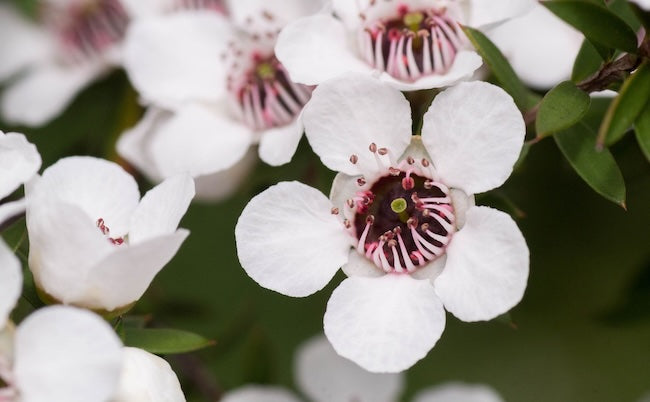
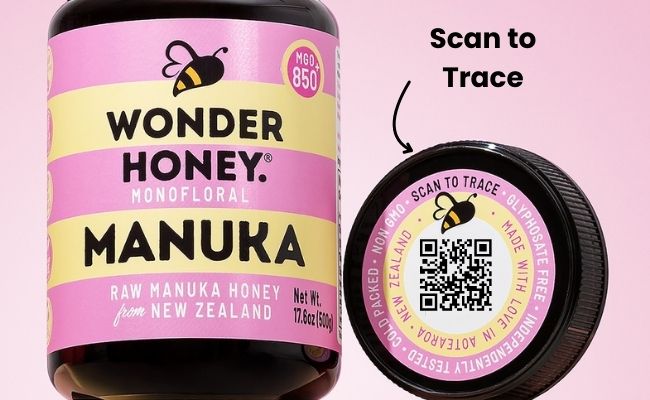
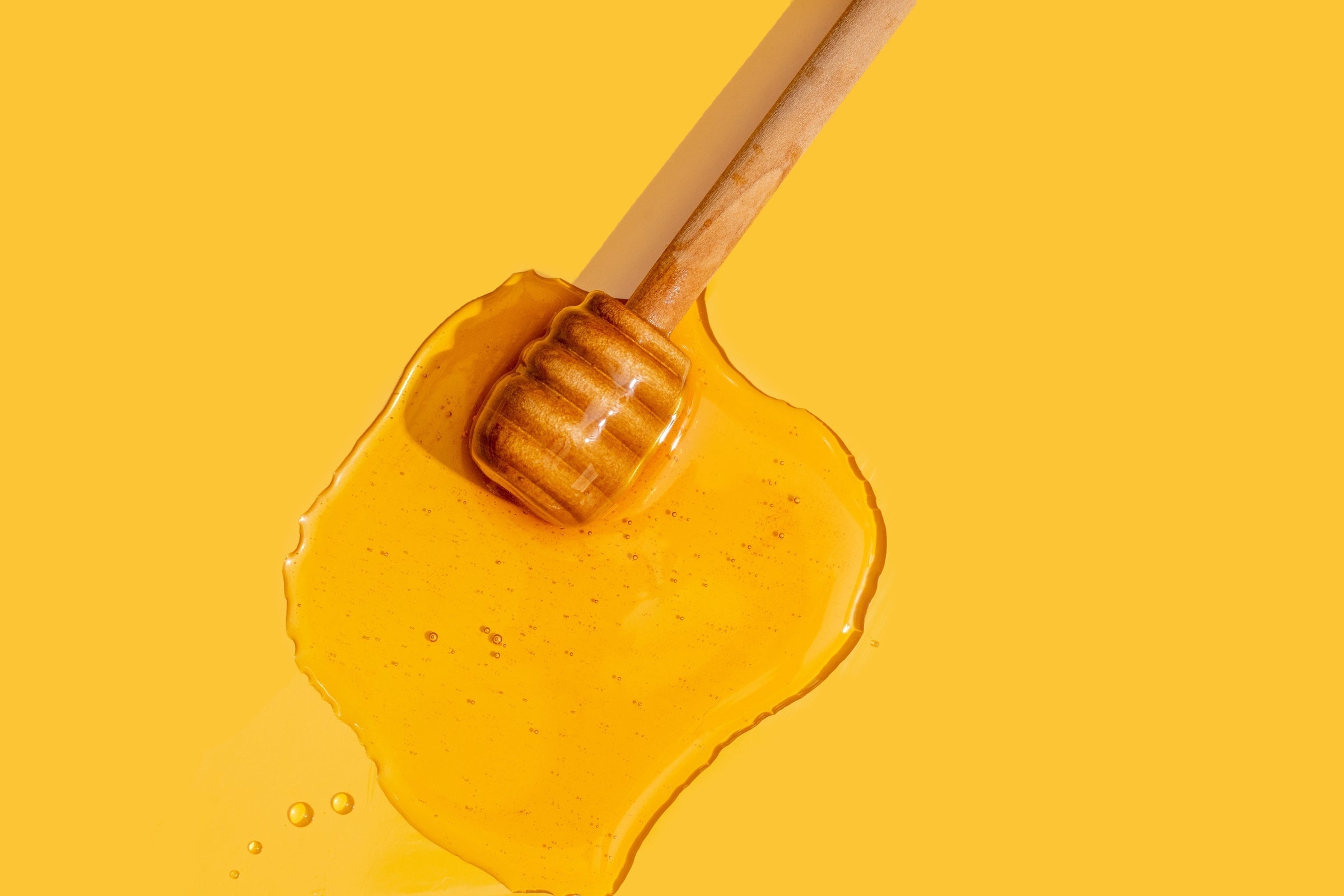
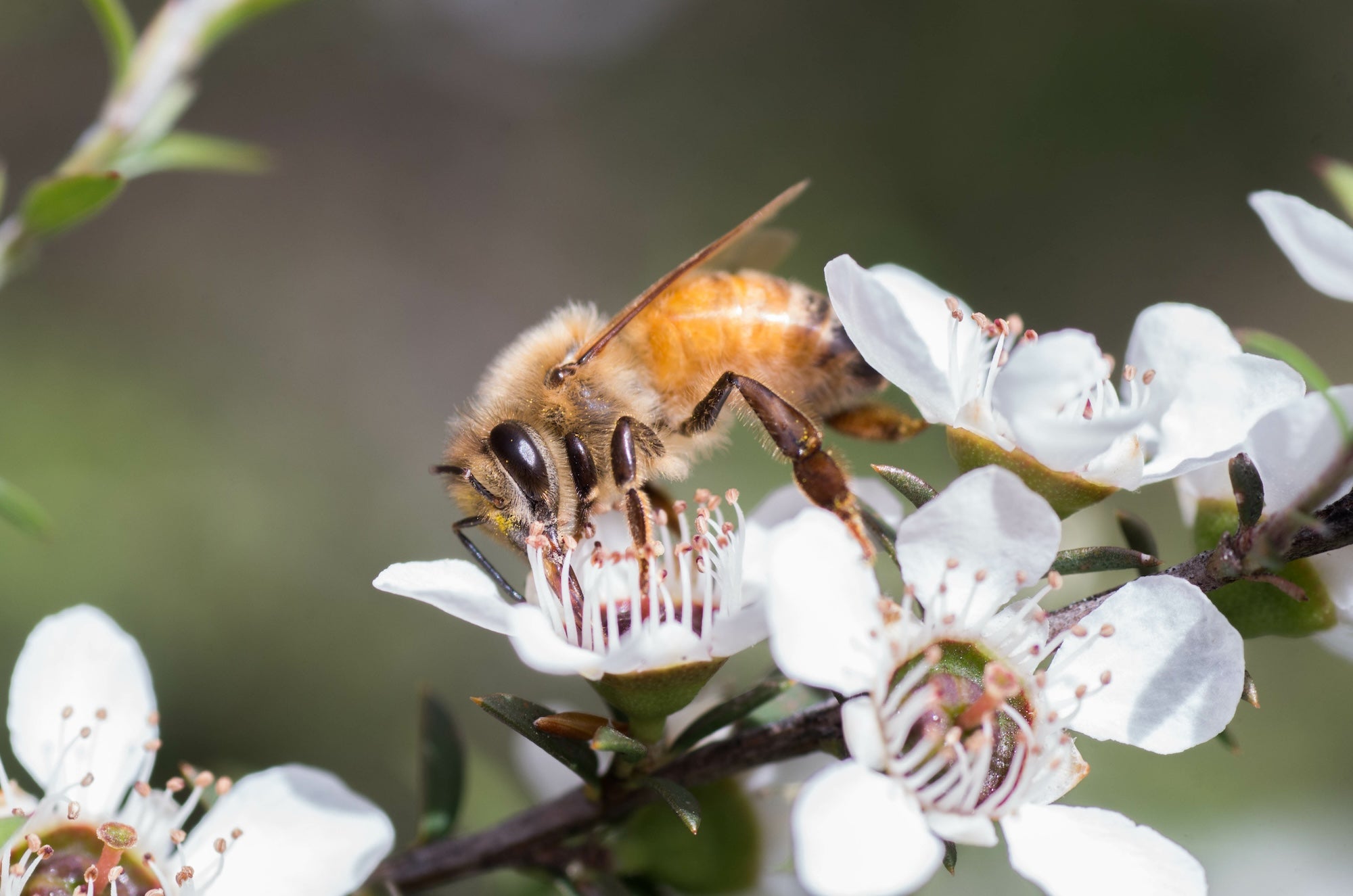
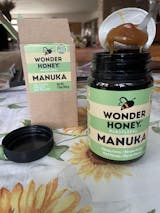
Leave a comment
This site is protected by hCaptcha and the hCaptcha Privacy Policy and Terms of Service apply.